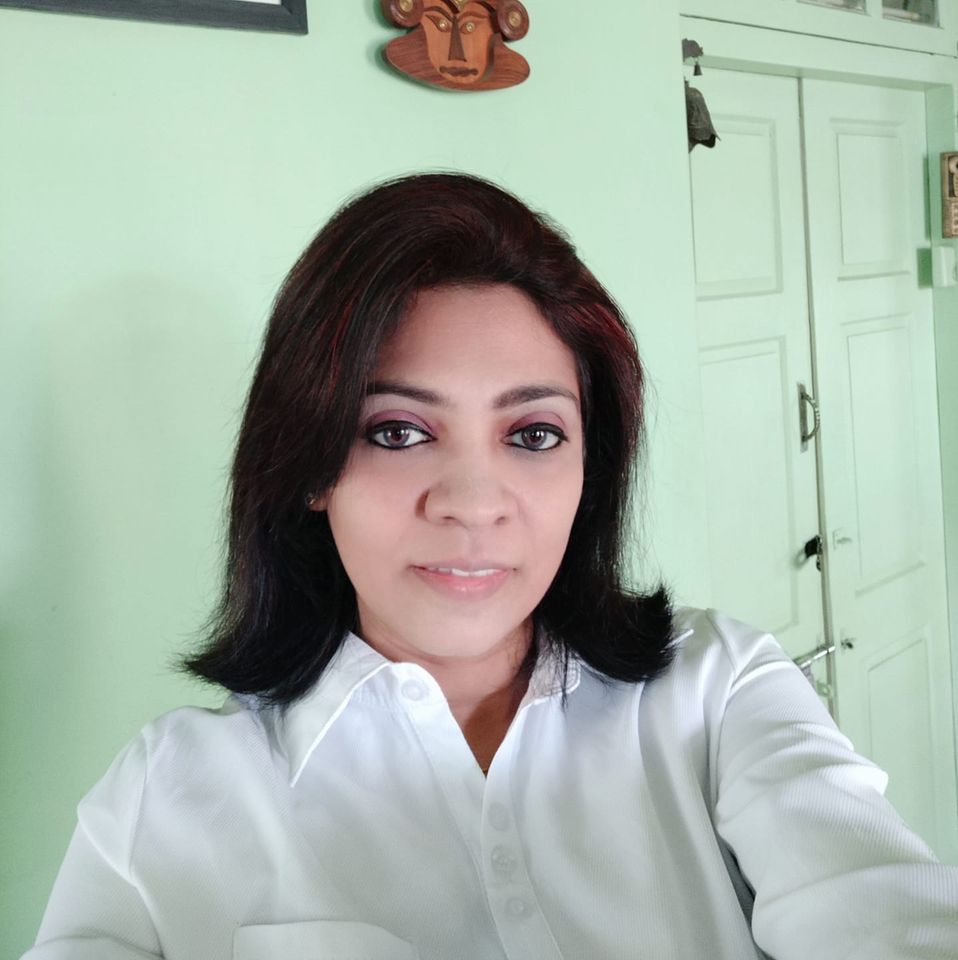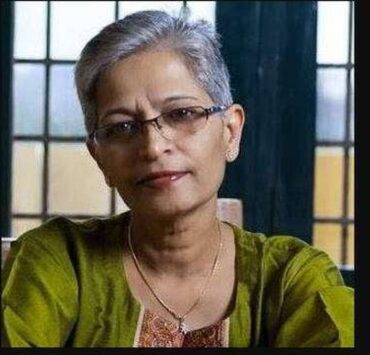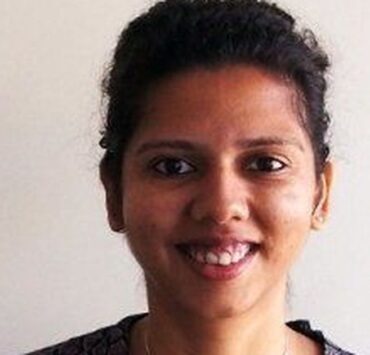

The Network of Women in Media in India stands in solidarity with the editors of Coimbatore-based website The Covai Post who have been receiving death threats for a story on their website and condemns the harassment of Vidyashree Dharmaraj and AR Meyammai.
Over the past week, the editors of The Covai Post, Vidyashree Dharmaraj and AR Meyammai, have been at the receiving end of death threats and harassment for a story on their website, titled ‘Girls in puberty stage paraded half-naked, offered to deity for a fortnight’, published on September 24, 2017.
The Network of Women in Media in India (NWMI) stands in solidarity with the editors of Coimbatore-based website, The Covai Post, who have been receiving death threats for a story on their website and condemns the harassment of Vidyashree Dharmaraj and AR Meyammai.
Over the past week, the editors of The Covai Post, Vidyashree Dharmaraj and AR Meyammai, have been at the receiving end of death threats and harassment for a story on their website, titled Girls in puberty stage paraded half-naked, offered to deity for a fortnight, published on September 24, 2017.
The story exposed a ritual where young, bare-chested girls were paraded in Vellalur village in Madurai for a ritual and left in the care of a temple priest. The story led to the Collector of the district ordering a probe by the social welfare department, requesting the parents of the girls to cover them with a shawl, and stationing a police officer in the village for the duration of the festival.
Following the publication of this story, both the writer of the story AR Meyyammai and the editor of The Covai Post, Vidyashree Dharmaraj, have been receiving death threats over Facebook, Twitter, WhatsApp and VoIP calls.
In what is becoming a distressingly routine affair, journalists in India are being targeted with abuse, derogatory comments and even death threats, every time their stories rock the proverbial boat. The widespread targeting of women, both online and offline, and the customary nature of the abuse directed at them, reveals a special kind of hostility towards women, especially independent-minded women.
In this case, people who believe their religious practices should not be questioned have launched a targeted attack at journalists, simply for raising questions about the safety and bodily integrity of minors.
The NWMI unequivocally denounces online hate campaigns and intimidation of women journalists, and urges for a greater tolerance for divergent views on social media. Especially after the recent murder of journalist Gauri Lankesh in Bengaluru, it is imperative that neither the law enforcement officials nor the media community ignore such threats to journalists’ lives.
NWMI demands that:
- The Cyber Cell of the Tamil Nadu police take swift action on the complaint by The Covai Post editors, and track down those who have been threatening them for doing their jobs as journalists.
- Facebook and Twitter be more sensitive to online abuse, specifically of women and institute more robust mechanisms to combat online abuse in regional languages.
- The Editors’ Guild of India and Press Council of India must take suo moto notice of such online harassment of women journalists and editors and come out strongly in their support.
The Network of Women in Media, India
September 29, 2017


